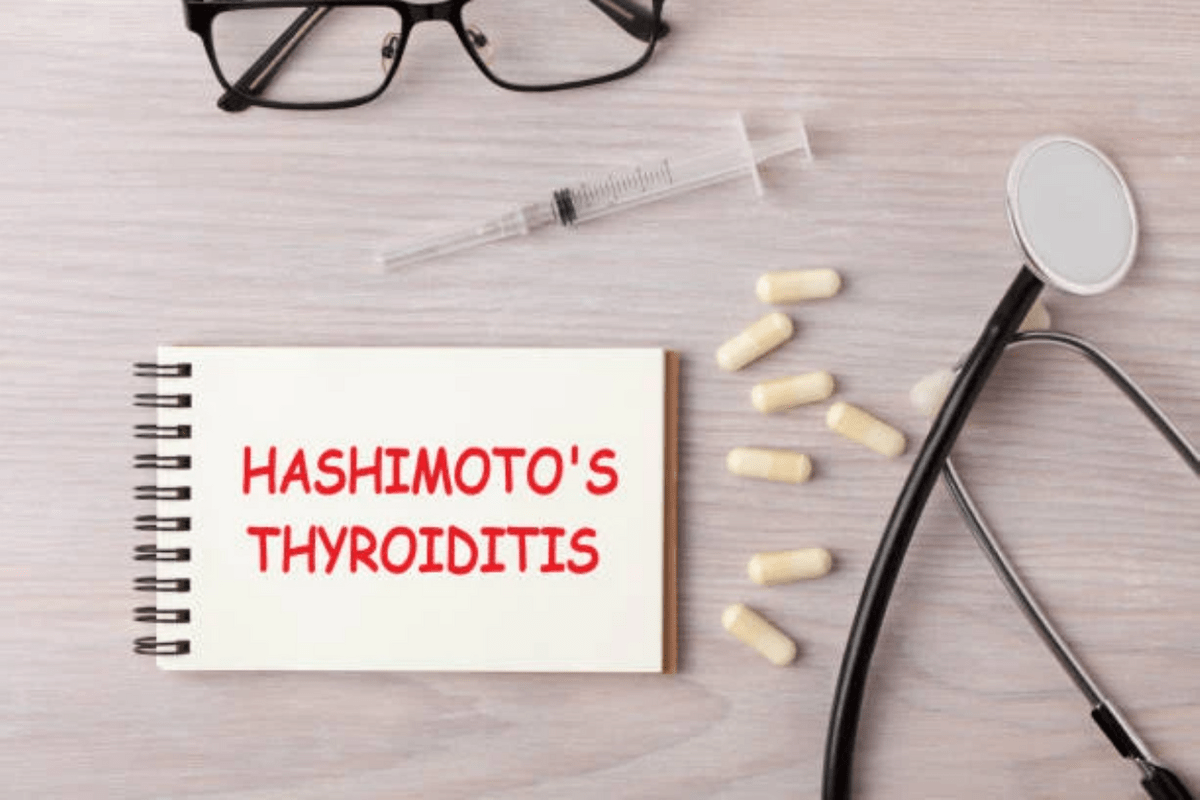
The Ayurvedic treatment of Hashimoto's autoimmune disorder is aimed at treating the pathology of the disease and preventing further complications. This entails, in part, a thorough analysis of the patient's lifestyle and physical environment. Medical nutritionists play an important role in this process by ensuring that the body's systems are in balance. Ayurvedic medicine also emphasizes the use of herbs, diet, and supplementation in supporting the patient's nutritional needs. This approach to treating Hashimoto's thyroiditis is described below.
Dr. Alan K. Murphy, a practicing chiropractic physician and author of Autoimmune Hypothyroidism: The Connection between Autoimmune and Thyroid Disease, notes that conventional medicine usually focuses on the symptoms rather than the underlying cause of the disorder. Consequently, a diagnosis and treatment plan are not formulated. Therefore, many people with Hashimoto's thyroiditis make common mistakes when it comes to their own health, potentially compromising their own health. "The typical thyroid reset diet recommendations are usually ignored," said Dr. Murphy. "It is time for a different way of treating hashimoto's and stress."
The Ayurvedic recommendations of which Dr. Murphy is a signatory are to maintain optimal body weight with optimal diet and much iodine intake. " validated by rigorous research studies, dietary management and regular iodine supplementation have been effective in the long-term management of hypothyroidism," he said. The use of medicinal herbs in particular has proven beneficial in the management of Hashimoto's. However, when considering herbal treatments, caution should be used, as certain herbs can counteract the positive effects of good diet and supplementation. One example is the use of licorice for constipation, which can actually increase intestinal permeability, exposing the body to toxins. A better approach would be to use herbs that normalize intestinal function to prevent inflammation.
Another suggestion from the review is to include fiber in the diet, particularly soluble and insoluble fiber. This would include fruits and vegetables such as pinto beans, bananas, psyllium, oat bran, and other fiber-rich foods. "There are many misleading statements and misunderstandings about thyroid nutrition," the reviewer pointed out. "For example, people are told to avoid wheat as much as possible. This couldn't be further from the truth! Wheat is the most important source of B vitamins in the body." Find out more on how to Treat hashimoto's autoimmune disorder on this link: https://thehashimotosexpert.com/.
However, the reviewer cautions against over-consuming wheat and other such products. "The problems caused by excess consumption of these foods are serious," he said. "As an alternative to processed and packaged foods, try eating more fresh produce, whole grains, and soybeans." For those already suffering from Hashimoto's, a healthier diet may help control symptoms. However, a more radical change in diet may be necessary for those experiencing chronic or recurring thyroid disease.
In conclusion, the review stresses the need to pay attention to one's diet when trying to improve one's thyroid function. Even one's diet alone is not enough to ensure optimal health, since thyroid function varies between individuals. "You're much better off if you combine a healthy diet with supplementation in the form of herbs and other natural products," the reviewer advises. He concluded: "I would urge sufferers of Hashimoto's to check with their doctors before embarking on any diet program, and I would urge patients to avoid refined carbohydrates and processed foods as much as possible." Thyroid nutrition is one of the most important factors in determining one's overall health. If you probably want to get more enlightened on this topic, then click on this related post: https://en.wikipedia.org/wiki/Hypothyroidism.